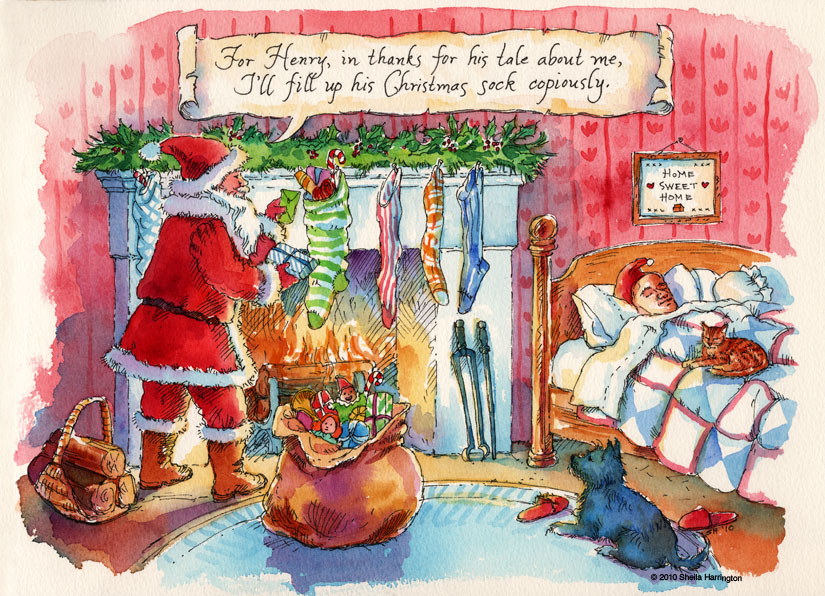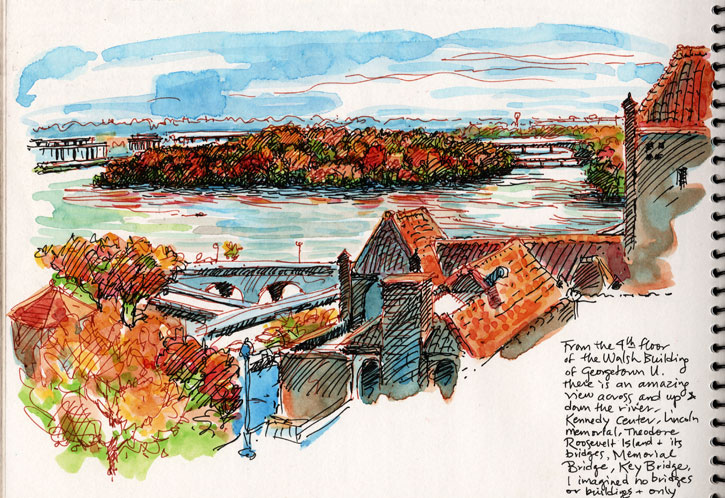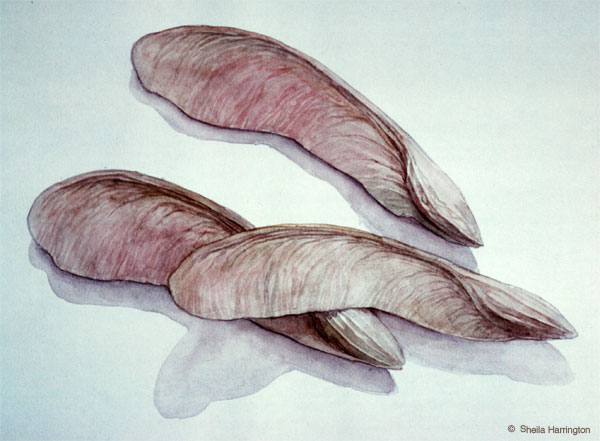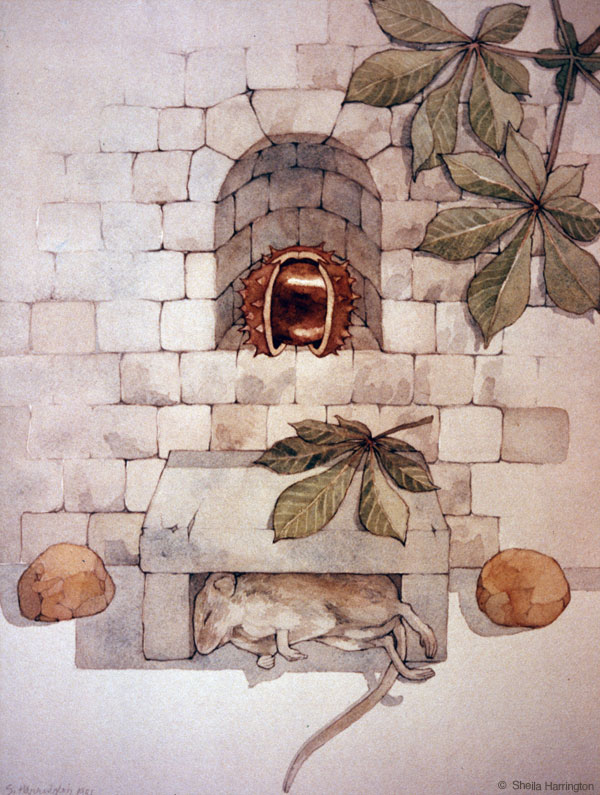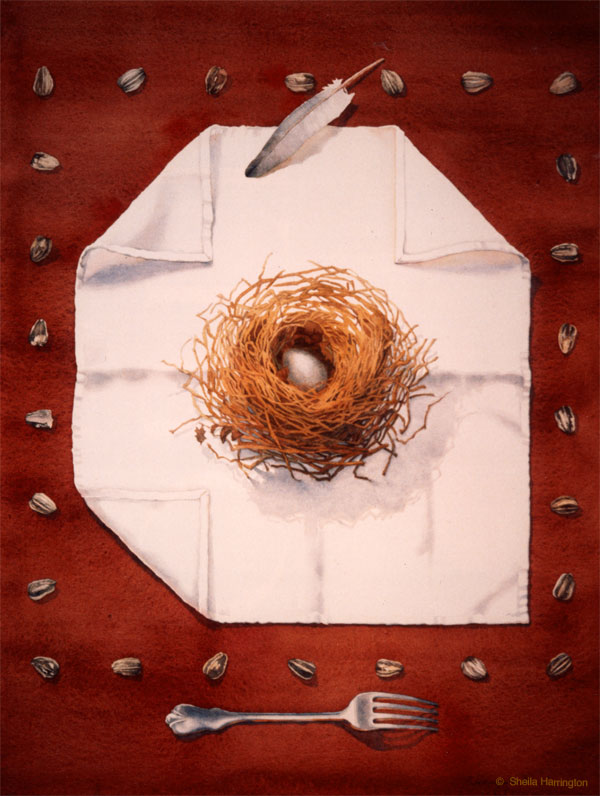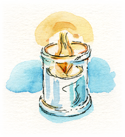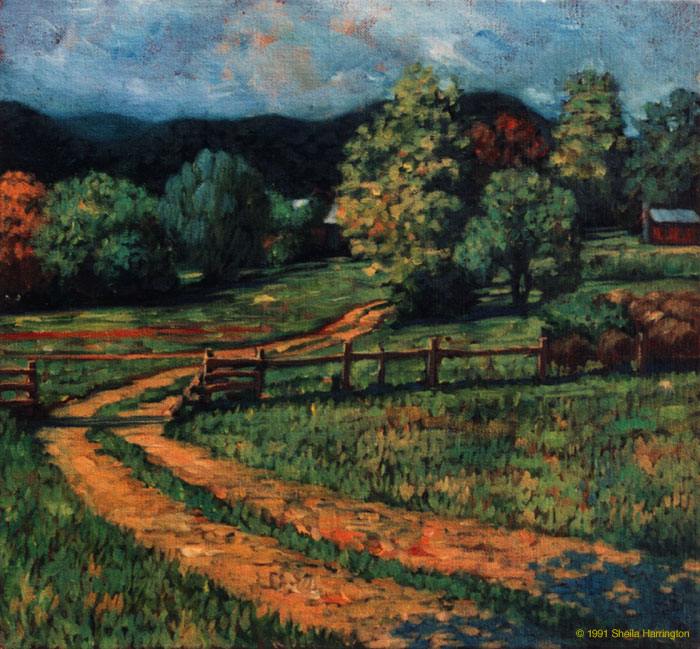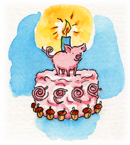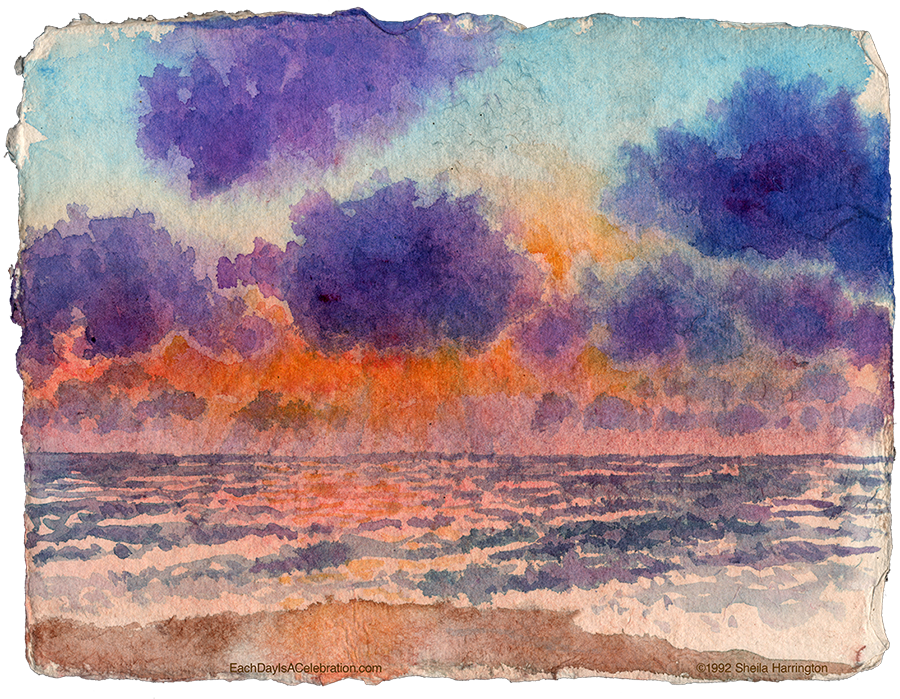Today is the Feast of St. Nicholas. On the eve of this day, our children put out their shoes, and in the morning each finds therein a golden walnut (we have quite a collection by now) and one or two small gold-wrapped treats. In honor of this day, I post a tribute to the author of “A Visit from St. Nicholas,” Henry Livingston, Jr.
“Uh, Henry Who?” you are muttering. “I thought it was written by Clement Clarke Moore.” Well, that’s what Clement Clarke Moore would like you to think, too, unless he has repented his wicked ways in whatever hell is the repository of naughty plagiarists.
Henry Livingston (1748-1829) was born in Poughkeepsie, New York. As a young man he served briefly in the army; later he worked as a farmer and surveyor, and in his spare time wrote poetry and made sketches for the amusement of his large family (eventually nine children). His daughter Eliza wrote, “When we were children he used to entertain us on winter evenings by getting down the paint box… first he would portray something very pathetic, which would melt us to tears; the next thing would be so comic, that we would be almost wild with laughter.”
Some of his work was published anonymously in local papers and journals. One of these poems was “A Visit from St. Nicholas,” which the children recalled their father reciting to them in the early 1800s. It made its way through the family’s various households and it was submitted, as usual anonymously, and printed in the newspaper. In this pre-electronic era, writing and reading poetry were popular pastimes, and there was plenty of dreck going around. But this particular poem was well-received, and it grew in popularity. Livingston died a few years later, unacknowledged as its author, except by his family.
Enter Clement Clarke Moore (1779-1863), a prosperous Biblical scholar in New York and a relative of Livingston by marriage. Moore also dabbled in poetry in his spare time, churning out tracts and verses admonishing children and reminding them to be humble and serious. Here is an excerpt from Moore’s jolly poem “Old Santeclaus,” written from Santa’s perspective:
But where I found the children naughty, In manners rude, in temper haughty, Thankless to parents, liars, swearers, Boxers, or cheats, or base tale-bearers, I left a long, black, birchen rod, Such as the dread command of God Directs a Parent’s hand to use When virtue’s path his sons refuse.Or, how about this cheery, romantic poem Moore penned for his daughter on her wedding day:
But oh! how soon we pass this endless track,
That, like perspective art, deludes our view:
And, when we turn and on our path look back,
How short the distance! and our steps how few!
Till death do part, how gaily we repeat
When joy and health are in their prime and strength:
Life is a vista then whose borders meet;
So endless, to our fancy, seems its length.
Trust not the gilded mists and clouds that rise
Where flattering Hope and fickle Fancy reign;
But turn from these, and seek with anxious eyes
The clear bright atmosphere of Truth’s domain.
(continued on December 7th!)

